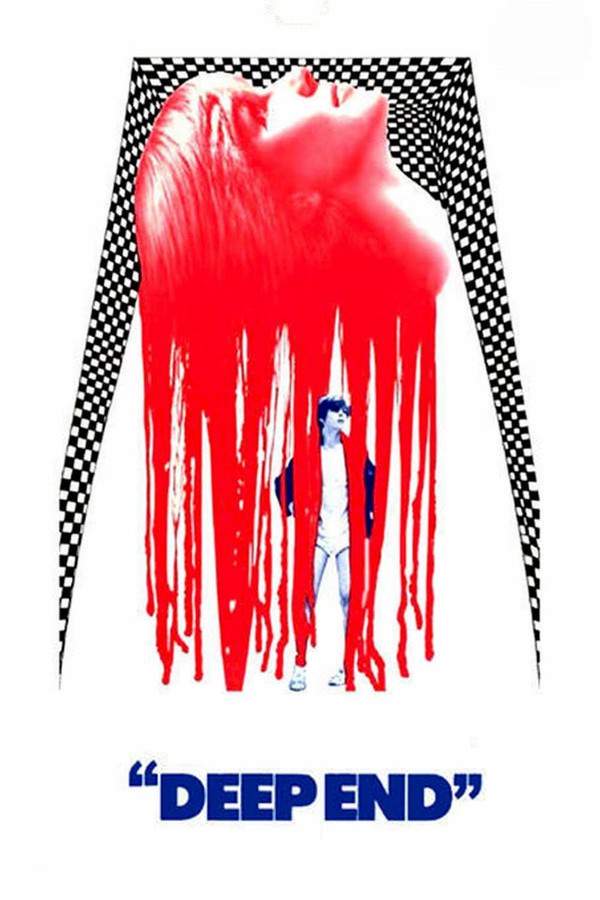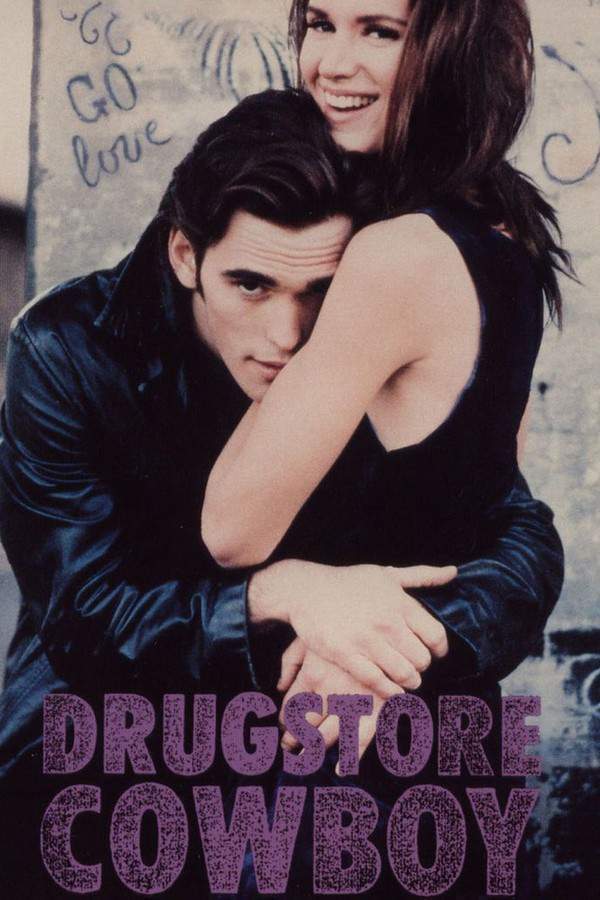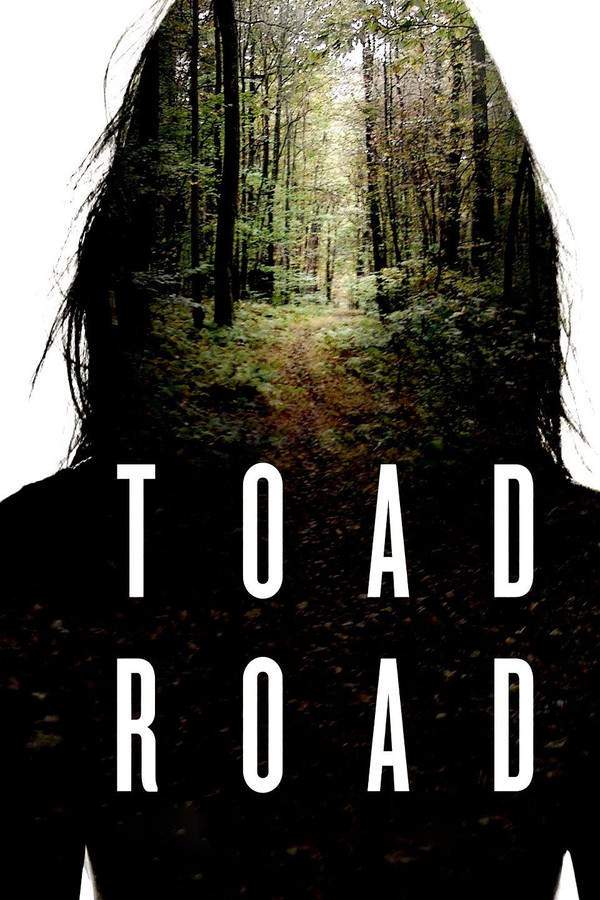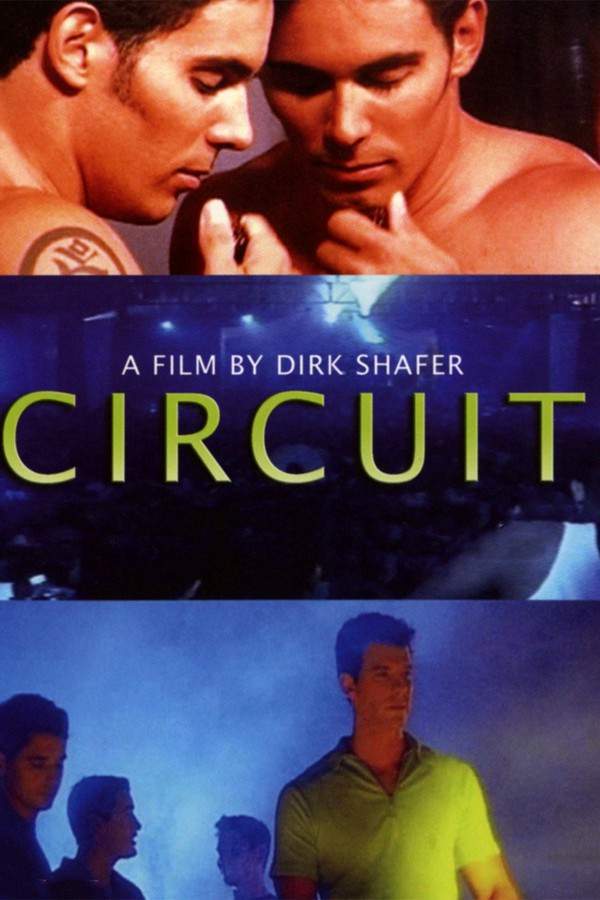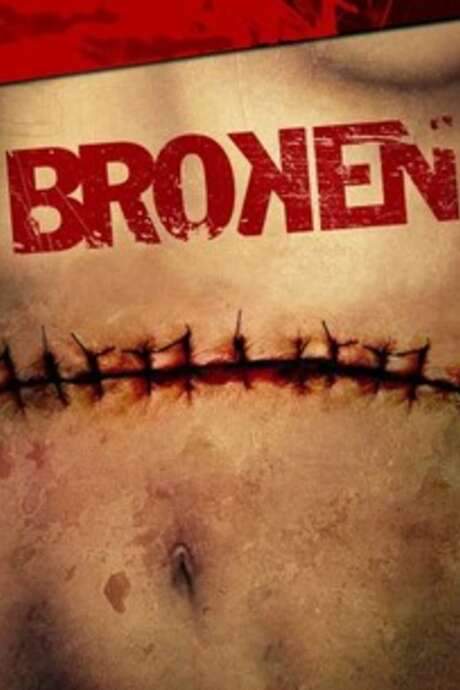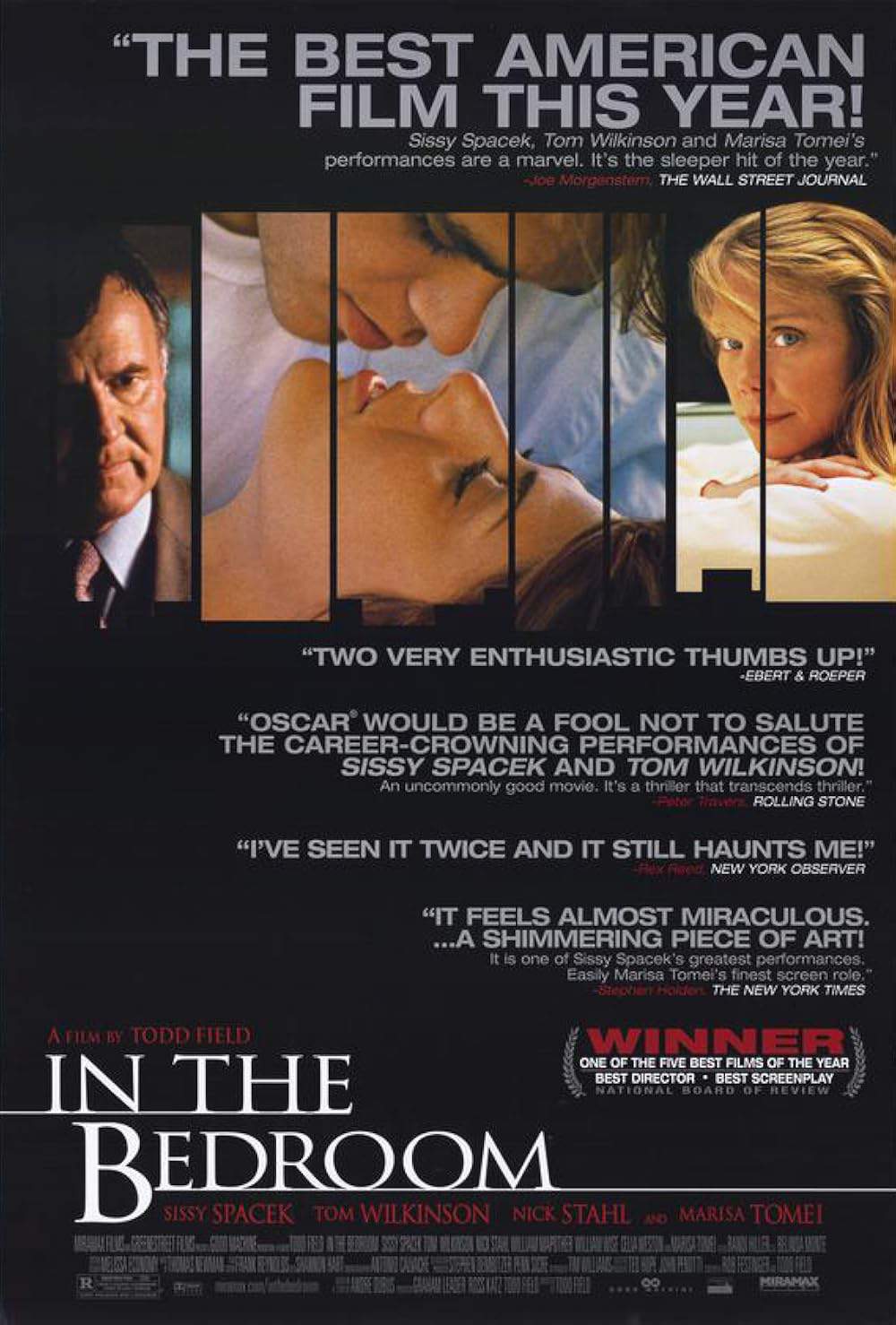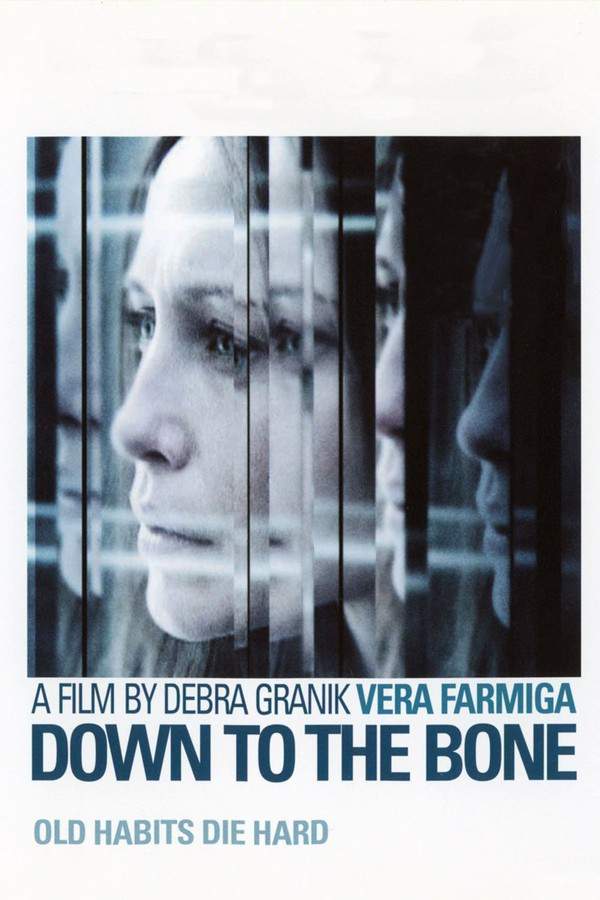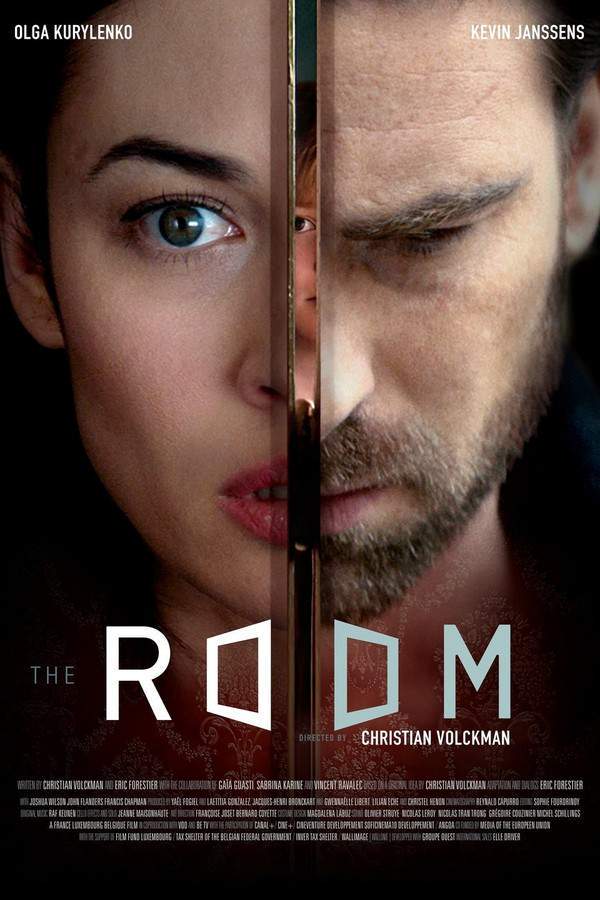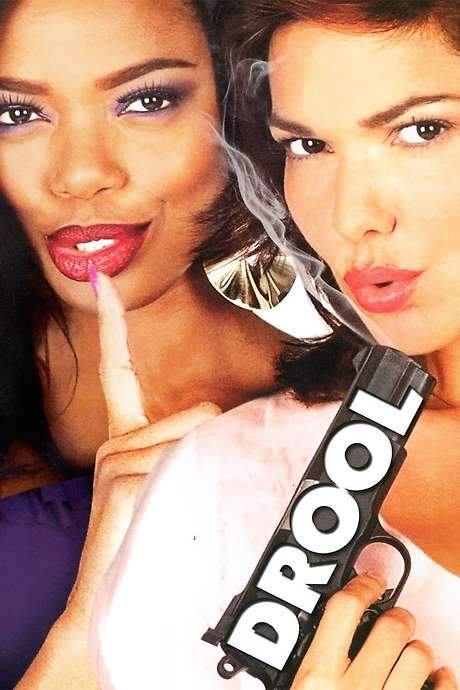
The Morning After
Year: 1974
Runtime: 75 mins
Language: English
Director: Richard T. Heffron
A successful public relations man’s refusal to admit his alcoholism jeopardizes his career, his family and his life. ABC Movie of the Week.
Warning: spoilers below!
Haven’t seen The Morning After yet? This summary contains major spoilers. Bookmark the page, watch the movie, and come back for the full breakdown. If you're ready, scroll on and relive the story!
The Morning After (1974) – Full Plot Summary & Ending Explained
Read the complete plot breakdown of The Morning After (1974), including all key story events, major twists, and the ending explained in detail. Discover what really happened—and what it all means.
Charlie Lester Dick Van Dyke is a public relations speech writer for an oil magnate. He is married with two children. As the film opens we see him drinking heavily at an office party and then having an argument with his wife Fran Lester, Lynn Carlin, after he tipsily returns home. The song “Yesterday,” sung by Joey Scarbury, echoes his downward spiral as the family life begins to fray.
He is given a jolting reason to quit drinking after his boss scolds him for appearing half drunk at an important business meeting, then ruining a dinner party at his home and even hitting his wife in a drunken rage. He is shown afterwards literally on his knees, begging her forgiveness.
It is revealed that Charlie’s father was an alcoholic and his mother was abusive, ignoring him while lavishing her affections on his younger brother. He breaks down as he tells this story to a therapist. In massive denial and pain, he drops out of therapy and continues to drink, culminating in a physical assault on Fran as she tries to drag him out of a bar. When he returns home, she informs him she is seeing a lawyer and filing assault charges. Charlie then becomes violently ill and vomits blood. His doctor informs him he may be suffering from liver damage and warns:
either you stop drinking or you’re going to drink yourself to death!
In a desperate attempt to stop, Charlie takes a vacation and goes alone to a seaside resort. He winds up passed out on the beach. He suffers a terrifying attack of delirium tremens and wakes up in a mental ward. Even in this desperate circumstance, Fran stays with him and his sympathetic doctor, Dr. Emmett, Joshua Bryant, informs him he can be helped, but his recovery is entirely up to him.
Shortly afterward, Charlie escapes from the hospital and goes to a bar. He calls Fran and tearfully apologizes for all the pain he has caused her. He tells her he loves her and their children with all his heart but
It’s no use…there’s just no point…I’m no damn good, I never was…goodbye, my heart.
The final scene shows Charlie alone, drunk and hopeless on a deserted beachfront.
Last Updated: October 09, 2025 at 12:32
Explore Movie Threads
Discover curated groups of movies connected by mood, themes, and story style. Browse collections built around emotion, atmosphere, and narrative focus to easily find films that match what you feel like watching right now.
Raw Addiction Stories like The Morning After
Intimate and harrowing stories of characters consumed by their own demons.Movies like The Morning After that depict the devastating and honest journey of addiction. If you were moved by the portrayal of self-destruction and denial in this TV movie, you'll find similar powerful and painful stories in this thread.
Narrative Summary
These narratives typically follow a character's downward spiral, showing the gradual loss of control, the breaking of relationships, and the denial that accompanies their addiction. The journey is often linear and straightforward, building towards a conclusion that offers little to no redemption, focusing instead on the harsh realities of the disease.
Why These Movies?
Movies are grouped here for their shared commitment to portraying addiction with unvarnished realism, their heavy emotional weight, and their focus on the internal and external collapse of a single character. They create a consistent atmosphere of despair and desperation.
Movies about Family Breakdown like The Morning After
Stories where personal crises shatter the foundations of a family.If you appreciated how The Morning After showed a family tearing apart due to alcoholism, this thread collects similar films. Discover other powerful dramas where domestic strife and painful consequences are central to a bleak narrative.
Narrative Summary
The narrative pattern involves a stable or seemingly normal family environment that is systematically destroyed by the actions or condition of a key member. Conflicts escalate from tension to outright strife, often depicting scenes of emotional or sometimes physical abuse, leading to isolation, separation, or a fractured, unhappy ending for all involved.
Why These Movies?
These films are united by their exploration of domestic strife as a primary consequence of a character's journey. They share a gritty, anxious mood and a steady pacing that allows the tragedy to unfold methodically, making the family's pain as central to the story as the protagonist's own struggle.
Unlock the Full Story of The Morning After
Don't stop at just watching — explore The Morning After in full detail. From the complete plot summary and scene-by-scene timeline to character breakdowns, thematic analysis, and a deep dive into the ending — every page helps you truly understand what The Morning After is all about. Plus, discover what's next after the movie.
The Morning After Timeline
Track the full timeline of The Morning After with every major event arranged chronologically. Perfect for decoding non-linear storytelling, flashbacks, or parallel narratives with a clear scene-by-scene breakdown.

Characters, Settings & Themes in The Morning After
Discover the characters, locations, and core themes that shape The Morning After. Get insights into symbolic elements, setting significance, and deeper narrative meaning — ideal for thematic analysis and movie breakdowns.

The Morning After Spoiler-Free Summary
Get a quick, spoiler-free overview of The Morning After that covers the main plot points and key details without revealing any major twists or spoilers. Perfect for those who want to know what to expect before diving in.

More About The Morning After
Visit What's After the Movie to explore more about The Morning After: box office results, cast and crew info, production details, post-credit scenes, and external links — all in one place for movie fans and researchers.



